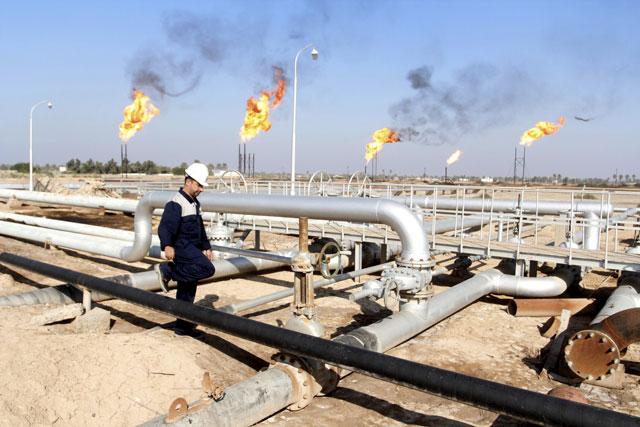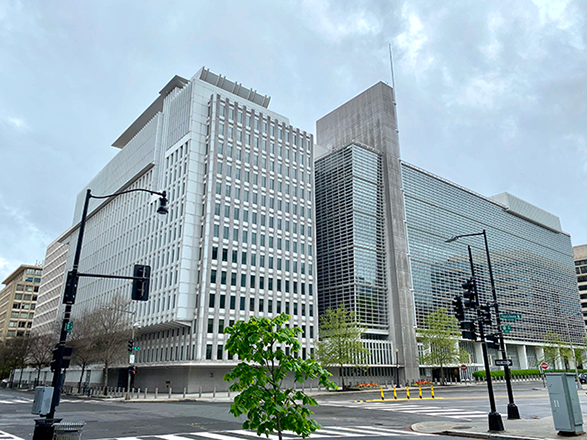You are here
IMF cuts Saudi Arabia forecast as oil, virus hit economy
By AFP - Jun 25,2020 - Last updated at Jun 25,2020

A woman, wearing a protective face mask, sanitises a machine before a training session at a gym in Riyadh on Tuesday as it begins to re-open following the lifting of a lockdown due to the COVID-19 coronavirus pandemic (AFP photo)
DUBAI — Saudi Arabia's gross domestic product (GDP) will shrink by 6.8 per cent this year, its worst performance since the 1980s oil glut, as low crude prices and coronavirus batter Middle East economies, the International Monetary Fund (IMF) said on Wednesday.
The new projection for the Saudi economy, the largest in the region, is a massive 4.5 percentage points lower than what the International Monetary Fund had projected just two months ago, reflecting a fast deterioration in the world's top crude exporter.
Growth in the Middle East and Central Asia region is expected to contract by 4.7 per cent this year, 1.9 percentage points below the previous projection in April, the global lender said in its World Economic Outlook update.
The IMF kept its oil price projections almost unchanged from April at around $36 a barrel.
"Oil futures curves indicate that prices are expected to increase thereafter toward $46, still about 25 per cent below the 2019 average," which was around $64 a barrel, it said.
Many of the countries in the region, which includes all Arab countries, Iran and Central Asian republics, heavily rely on oil income.
Several economic forecasts have predicted that the Middle East and North African countries could lose hundreds of billions of dollars in income as oil prices sag amid a global slowdown caused by the pandemic.
The IMF said in an April report that the COVID-19 outbreak and the plunge in oil prices were causing significant economic turmoil in the region and that the impact could be long lasting.
Oil prices crashed to a two-decade low below $20 a barrel in May due to a sharp decline in global demand as a result of the coronavirus lockdown.
Crude prices have partially recovered to just over $40 a barrel after the OPEC+ producers agreed to historic cuts of 9.7 million bpd, and Riyadh and its Gulf partners pledged an additional 1.2 million bpd reduction for June.
In the latest update, the IMF forecast Iran's economy, the second largest in the region, to shrink by 6.0 per cent, unchanged from April, mired in the red for the third year in a row. Iran has been battling stifling sanctions imposed by the United States.
The only bright spot was Egypt, which the IMF said will grow by 2.0 per cent this year, but still way down from 5.6 per cent achieved in 2019.
Fiscal deficits and public debt levels in the region will substantially rise this year and in 2021, the IMF said.
Saudi's budget deficit will more than double from last year to hit 11.4 per cent of gross domestic product, but is expected to moderate to 5.6 per cent of GDP in 2021, it said.
Saudi Arabia has already resorted to austerity measures, cutting spending, scrapping a cost of living allowance to civil servants, and tripling its value added tax to 15 per cent from July.
Related Articles
DUBAI — A massive slide in the economic growth of Middle East top oil exporters is weighing heavily on the outlook for the entire region, th
DUBAI — The International Monetary Fund on Monday lowered its 2019 economic growth forecast for Saudi Arabia and the region over low oil pri
DUBAI — The Middle East and North Africa economy will contract by 3.3 per cent this year, the biggest slump in four decades, hammered by the
















